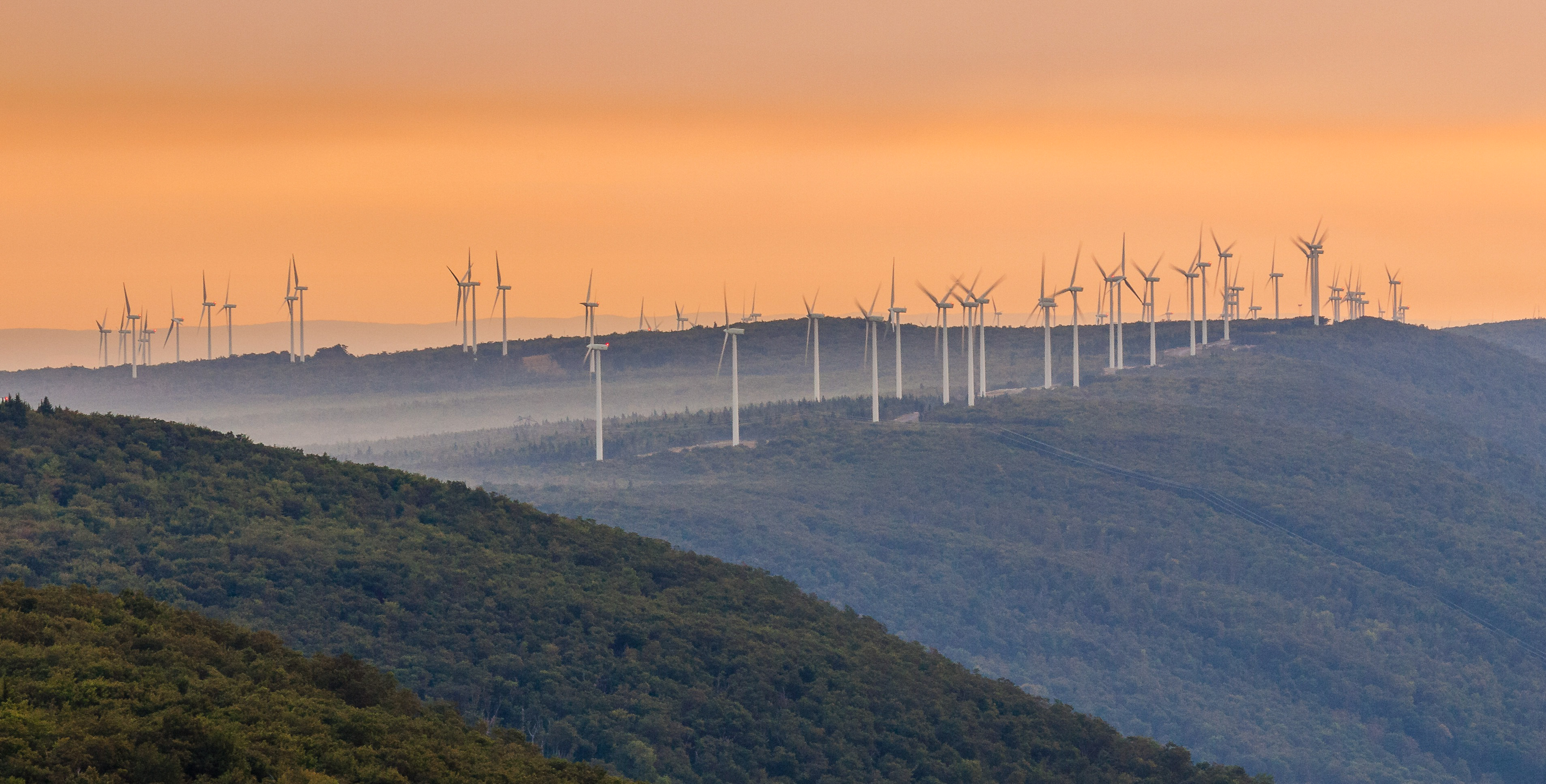Media Statement: ‘At the 11th hour, Dubai delivers meaningful milestone on the path to a cleaner, fairer world’
Late-night diplomacy at COP28 turns divisive text into path forward on climate emergency
Media Contacts
-
Tom Jennings (U.K.)
Email: tom.jennings@tnc.org -
Angela Campbell (U.S.)
Email: angela.campbell@tnc.org
Commenting on the outcome of negotiations at UN Climate Change Conference COP28 in Dubai, Andrew Deutz - Managing Director for Global Policy and Conservation Finance at The Nature Conservancy - said:
“In the lead-up to this year’s UN climate negotiations in Dubai, we spoke about the critical importance of tangible action and commitments taking precedent over political rhetoric. Up until the eleventh hour, it looked likely there wouldn’t be any meaningful progress coming out of this year’s conference.
“What negotiators agreed to on Wednesday morning therefore represents a significant step in the right direction: calling for a global transition away from all fossil fuels in the final text signals governments are finally open to dealing with the elephant in the room.
“Two years ago in Glasgow, negotiators had a hard time agreeing to phase down unabated coal power alone. Three years ago, they didn’t say anything about fossil fuels. Our expectations for a fossil fuel-free economy were much higher this year - but the state of the climate means they needed to be.
“A range of other significant commitments also came out of the past two weeks– from the long-debated loss and damage fund raising almost US $800 million in pledges; to a stronger recognition of the contribution of forests, oceans and other ecosystems towards climate mitigation and adaptation; and appropriate attention finally being paid to the role of agriculture and food systems.
“The core issue at this year’s negotiations was to secure global consensus on phasing out the use of fossil fuels - in effect, reducing the supply of oil and gas. But we also need to reduce demand for fossil fuels in the global economy.
"With the Global Stocktake done, the next step of the Paris Agreement ‘ratchet mechanism’ is for countries to develop more ambitious national climate plans and policies by the 2025 deadline. We call on all countries to develop robust, economy-wide commitments, which also safeguard and maximize the contribution of nature, on our collective journey towards a cleaner and fairer world.”

Download the full scorecard with expanded commentary here and click on the colored words to see our explanations.
The Nature Conservancy is a global conservation organization dedicated to conserving the lands and waters on which all life depends. Guided by science, we create innovative, on-the-ground solutions to our world’s toughest challenges so that nature and people can thrive together. We are tackling climate change, conserving lands, waters and oceans at an unprecedented scale, providing food and water sustainably and helping make cities more resilient. The Nature Conservancy is working to make a lasting difference around the world in 81 countries and territories (40 by direct conservation impact and 41 through partners) through a collaborative approach that engages local communities, governments, the private sector, and other partners. To learn more, visit nature.org or follow @nature_press on X.
